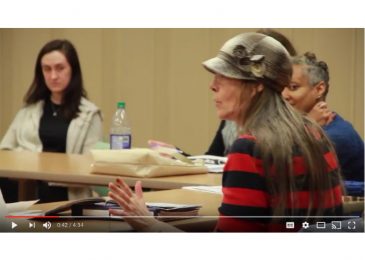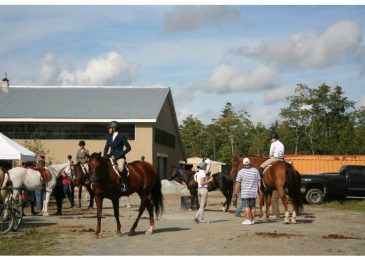Street checks (* 3) : Three days to pressure HRP and politicians to end racist street checks
Solidarity Halifax is asking Nova Scotians to join members of the Black community who want to see an immediate moratorium on the racist practice of carding in Halifax and all of Nova Scotia. Here is how it works.










